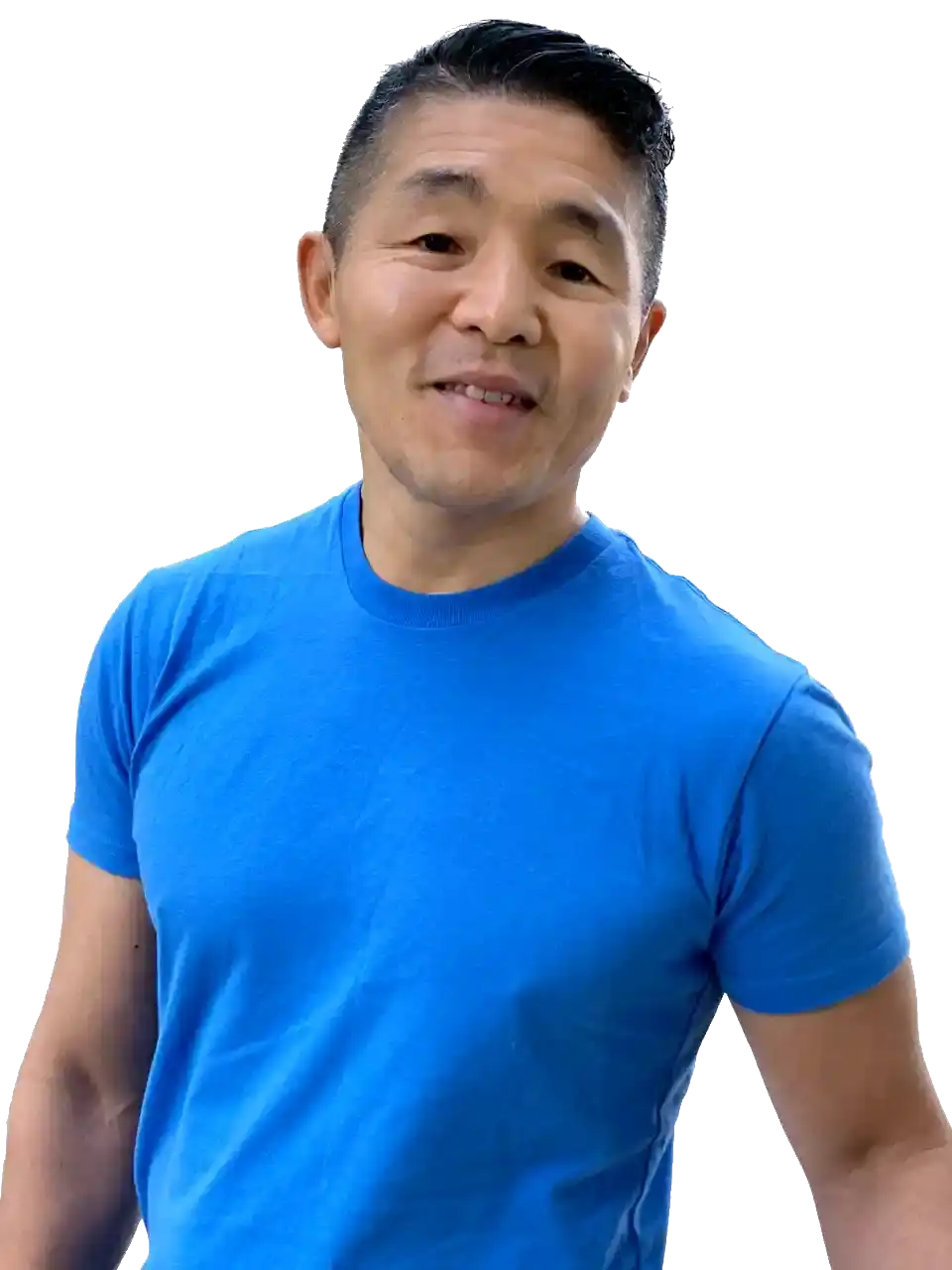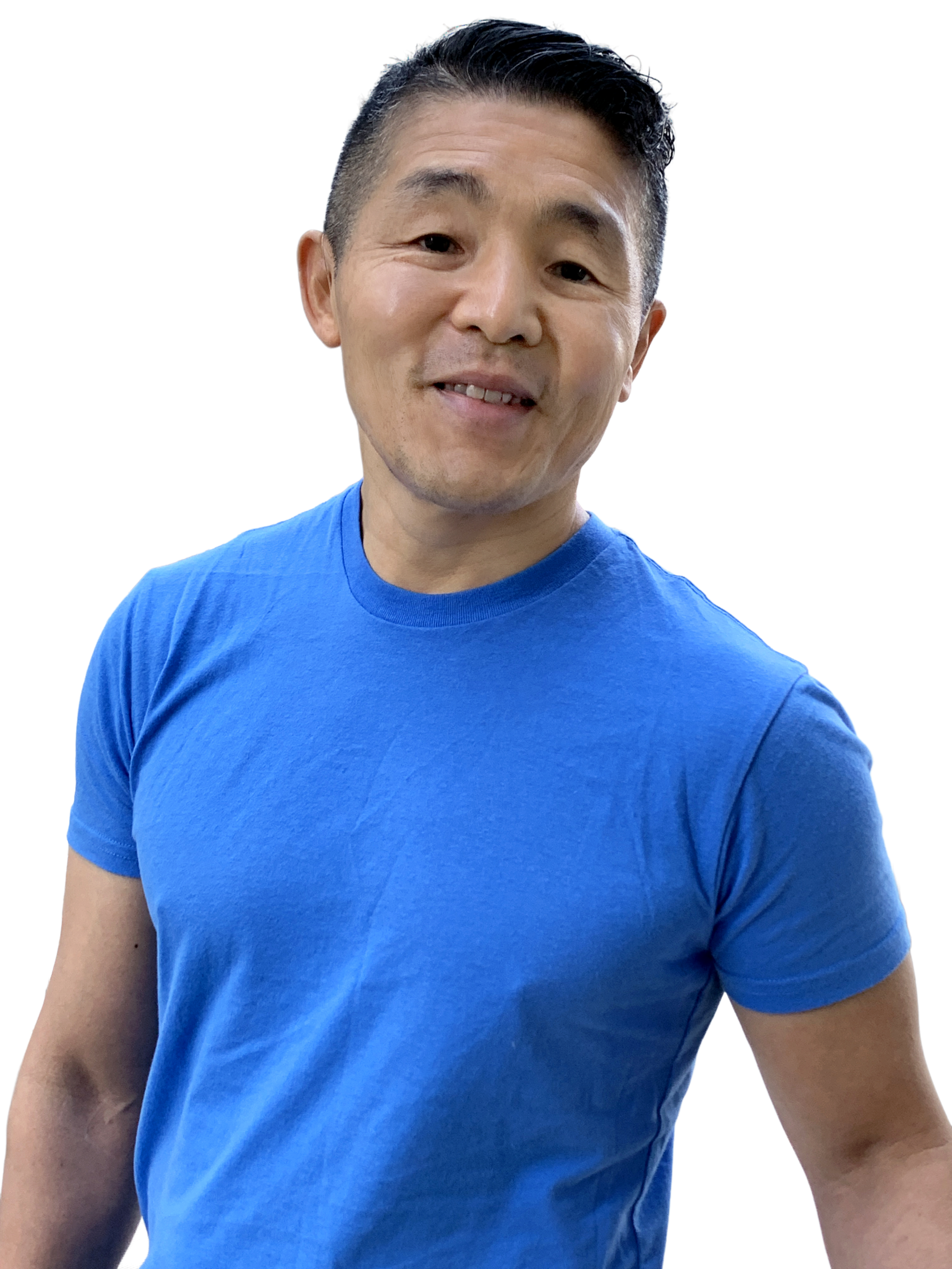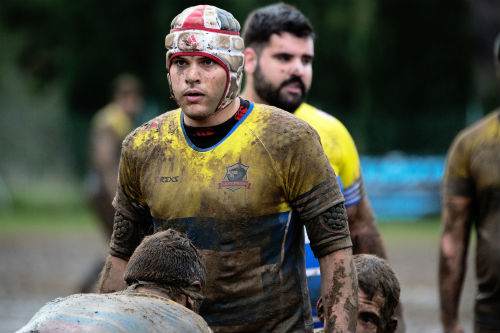Concussion Rehabilitation: Best Practices

Concussion rehabilitation, as indicated by numerous studies, has proven effective in facilitating a return to sports within an eight-week timeframe.
Following a concussion, individuals commonly experience frustrating symptoms such as neck pain, dizziness, headaches, balance issues, and lingering brain fog.
Each attempt to increase weight or resume sports exacerbates the symptoms.
Cervical Disc Herniation: Best Exercises For Your Sore Neck
While most concussions typically resolve within 7-10 days, it is crucial to take action if symptoms persist beyond this timeframe.
Research provides compelling evidence that the rehabilitation of both the balance centres and the neck significantly shortens the time required for a return to sports [1].
The rehabilitation of balance is known as vestibular rehabilitation or vestibular rehab, while neck rehabilitation is termed cervical rehab.
Cervical and Vestibular Rehab for Concussion
Among those who underwent vestibular rehab and cervical rehab, 73% successfully returned to sports within 8 weeks.
Contrastingly, only 7% of individuals treated with alternative methods were able to resume sports within the same timeframe.
In essence, receiving cervical and vestibular rehab increases the likelihood of returning to sports within 8 weeks by 95%, compared to those who received alternative treatments.
It’s noteworthy that stretches, postural education, rest, and range of motion exercises alone did not prove to be sufficient for a successful return to sports.
Indeed, it is crucial to note that the study concentrated on individuals aged 12-30. If you have a medical condition like diabetes, your recovery period may be extended. Various factors, including the severity of the concussion, episodes of loss of consciousness, history of previous concussions, stress levels, the occurrence of convulsions, and the influence of medications, constitute a myriad of variables that play a significant role in determining the duration of your recovery.
In summary, when seeking assistance, it is advisable to locate a chiropractor well-versed in addressing neck issues and proficient in working on the body’s balance centres. Specifically, they should have comprehensive training in vestibular and cervical rehab techniques.
Tell us what you think in the comments below and like us on Facebook. I will answer all questions in the comments section here at this downtown Toronto Chiropractic clinic
Research
- Schneider KJ, Meeuwisse WH, Nettel-Aguirre A, et al., Cervicovestibular rehabilitation in sport-related concussion: A randomised controlled trial, British Journal of Sports Medicine 2014; 48(17): 1294–1298.
Picture Reference
- Photo by JR Korpa on Unsplash








